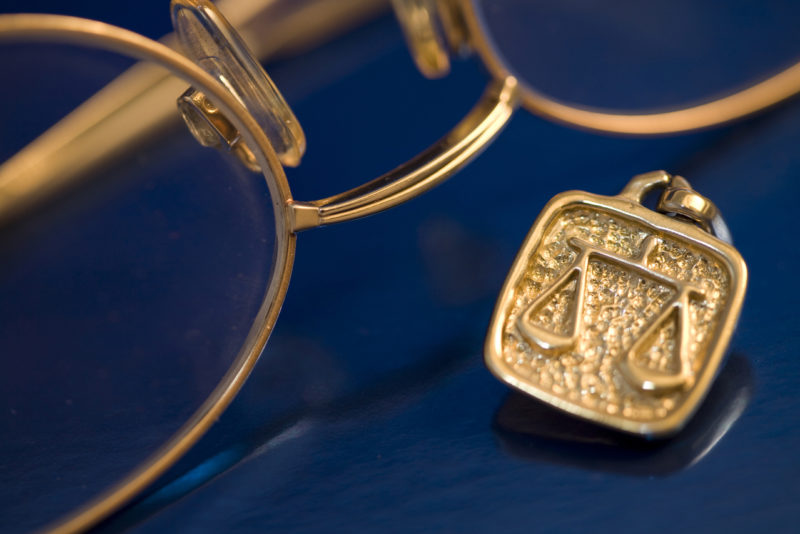
By Edward McIntyre
Come November 1, 2018, life will change for all of us.
New and revised Rules of Professional Conduct—some very new for California lawyers—are effective. By a May 10, 2018 order, the California Supreme Court changed our ethics landscape.
The Court approved, without change, 27 of the comprehensive set of 70 new or amended rules the Commission on Revision of the Rules of Professional Conduct and the State Bar Board of Trustees had recommended for adoption, and approved with minor modification another 42. The Court denied approval of only one of the 70 rules submitted. The new and amended rules become effective on November 1.
Many of the changes are based on the ABA Model Rules of Professional Conduct, in effect in almost every other jurisdiction in the United States—thus making California’s professional responsibility standards more uniform with national practice.
The changes will be significant for California lawyers, touching almost every area of practice. Just to touch on a few examples.
In the area of fees, all advance and flat fees—everything except “true retainers”—must be deposited into a client trust account, and any unearned portion of the fee paid must be returned to the client at the end of the representation. Only if the lawyer discloses to the client in advance, in writing, that the client is entitled to have the advance fee put in a client trust account, and that any unearned portion will be returned at the end of the representation, and the client agrees in writing, may the lawyer put an advance or flat fee in her or his operating account. In short, many of us will have to learn all the rules and standards of client trust accounting. Solo and small-firm practitioners—immigration law; family law; criminal defense; bankruptcy to pick a few practice areas—may feel the impact of this particular change most.
“True retainer?” A sum paid solely to ensure a lawyer’s future availability—not for any services performed or to be performed.
Litigation practice will see significant changes. The new rules include a provision mandating fairness to the opposing party and lawyer; and the duty not unduly to delay litigation. The rule on candor to the tribunal now includes the obligation—even after the testimony has been given or statement made—to correct with the tribunal a false statement of fact or law until the case concludes on appeal. Another rule requires honesty in dealings with third parties.
For law firms, a rule addresses the responsibility of supervising lawyers, including over lawyers who are not members of our firms—with possible vicarious discipline liability for failure to take corrective action when a supervising lawyer is aware of a subordinate’s violation of a State Bar Act provision and corrective action might prevent further harm.
When it comes to inadvertent disclosure, the ethical duty adopted in Rico v. Mitsubishi—inadvertently transmitted confidential information—is now a rule of professional conduct, subjecting a lawyer to discipline. The lawyer must stop reading as soon as it is reasonably apparent the information is privileged and inadvertently disclosed; must inform the sender; and must work out the issue or resort to the court.
In conflict of interest, not only is representing adverse interests prohibited without the informed written consent of each client, but a new standard also applies—whether there is a significant risk the lawyer’s representation of the client will be materially limited by the lawyer’s responsibilities to or relationships with another client, a former client or a third person, or by the lawyer’s own interests. A question each of us will have to answer for each new client.
Discrimination, harassment or retaliation in the practice of law or running a law firm is not only prohibited—as it is today—but the State Bar may open a discipline investigation without waiting for a separate adjudication of discrimination, as it must under the current rule.
Finally, sex is out. The rule prohibits sexual relations with clients unless the client is a spouse or domestic partner, or the sexual relationship predated the lawyer-client relationship.
These are but a few examples; there are many others.
On the second Friday of June, July, August and September—June 8; July 13; August 10; and September 14—SDCBA and the Legal Ethics Committee will present a series of MCLE seminars on the new rules. Stay tuned for announcements. As of November 1, it’s a whole new world.
Edward McIntyre is an attorney at law.
No portion of this summary is intended to constitute legal advice. Be sure to perform independent research and analysis. Any views expressed are those of the author only and not of the SDCBA or its Legal Ethics Committee.
This article was originally published in the SDCBA’s “Ethics in Brief” column series.